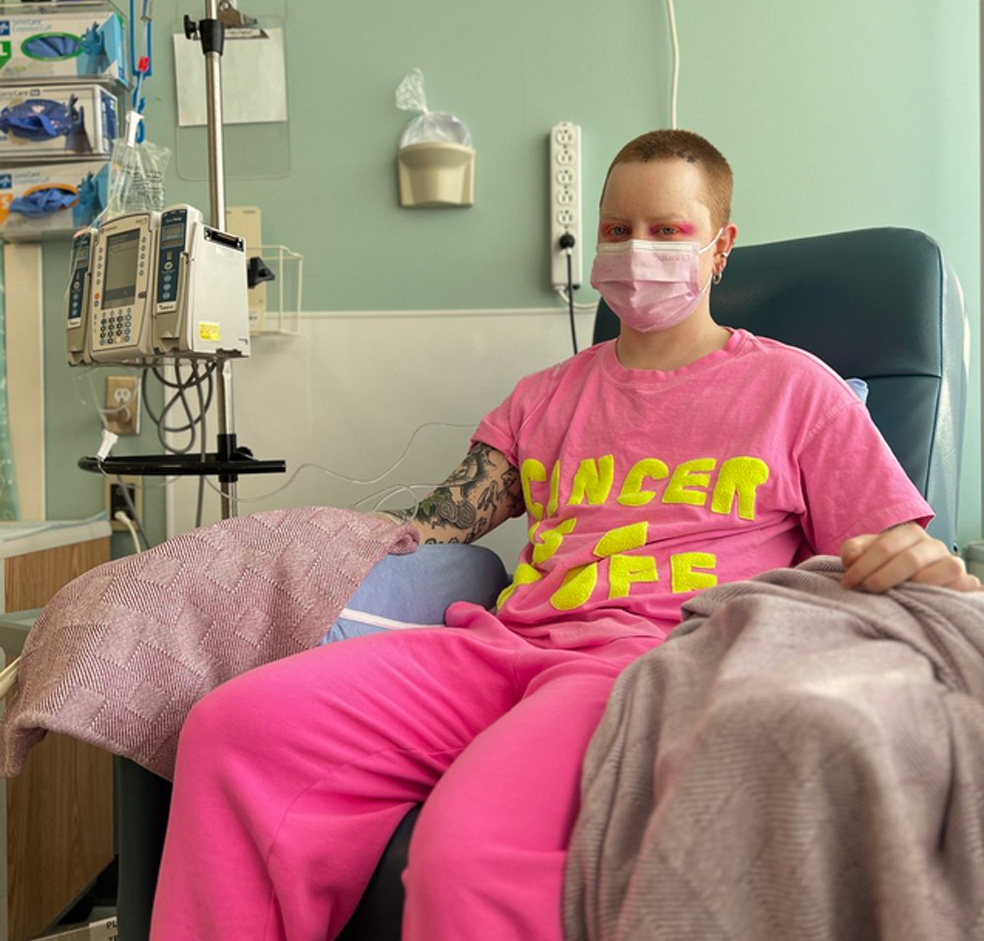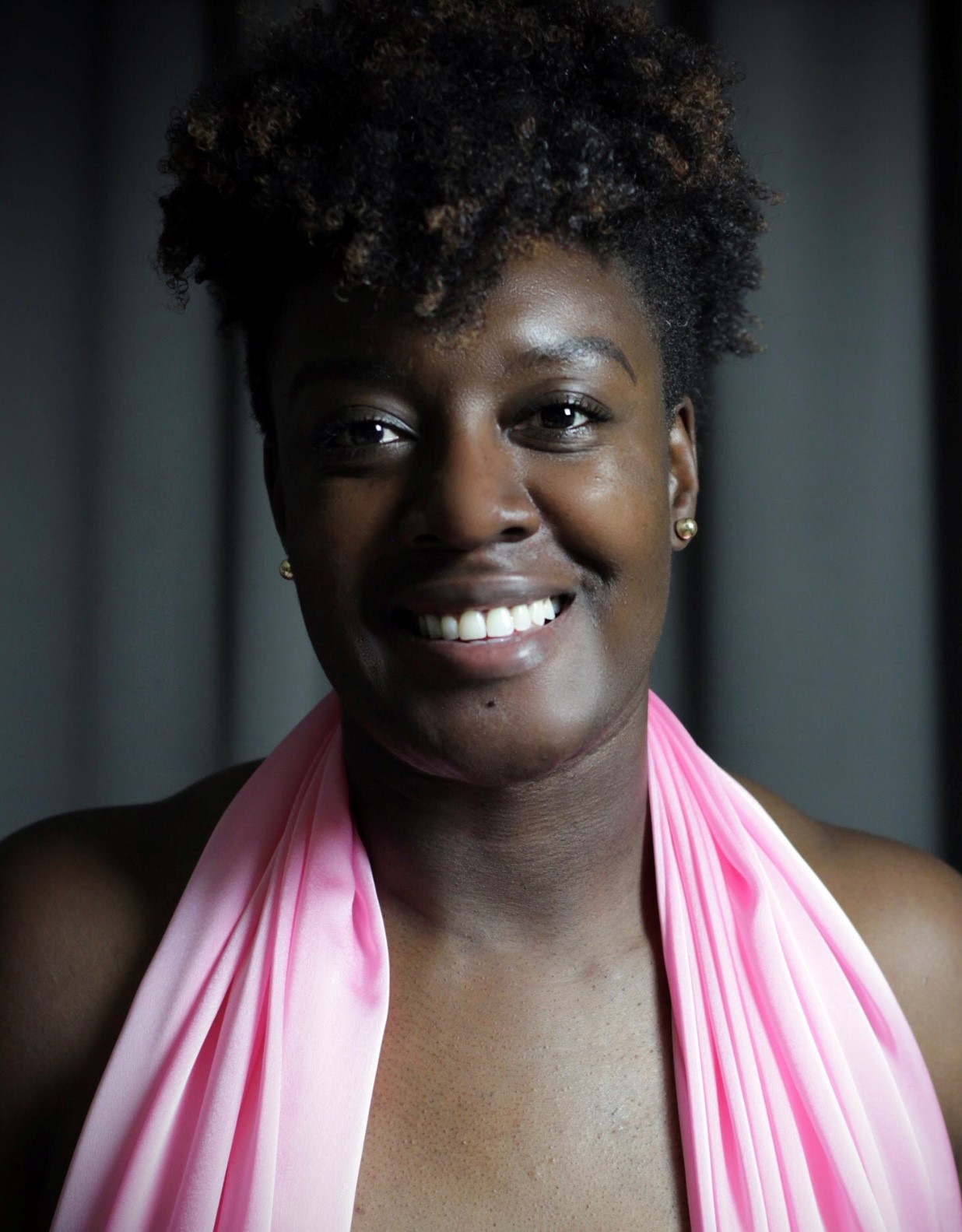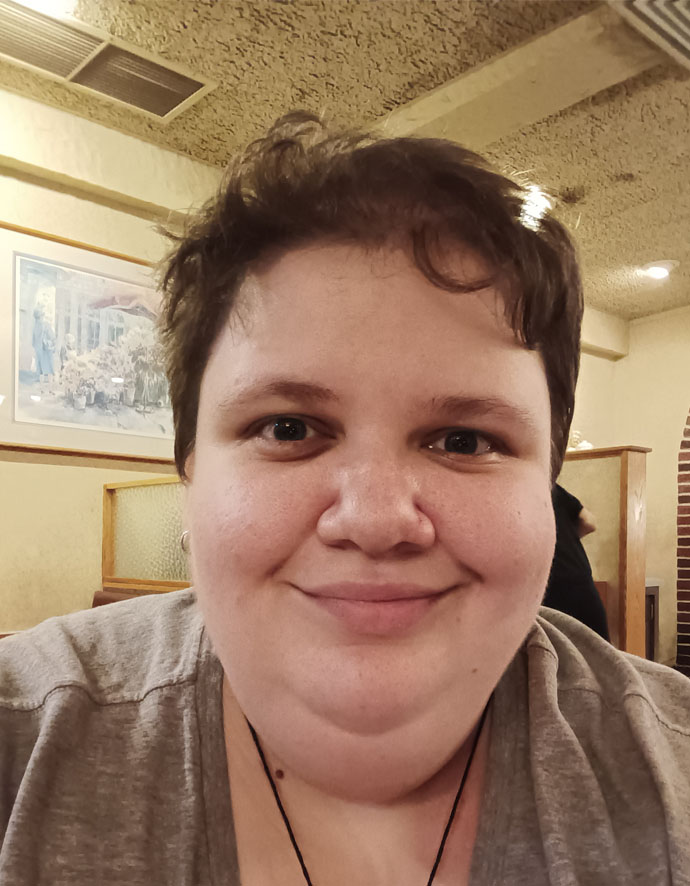LGBTQ+ with breast cancer
2 Min. Read

A breast cancer diagnosis can trigger overwhelming feelings for anyone, including fear, sadness, or depression. If you’re someone who identifies as lesbian, gay, bisexual, transgender, or queer/questioning (LGBTQ+), a diagnosis can intensify these emotions.
In addition to coping with a diagnosis, you may have unique concerns about communicating with your healthcare team, navigating the healthcare system, and finding doctors and other healthcare professionals you can trust when sharing your sexual orientation or gender identity.
In this section, you can find tailored information and practical tools to help you understand disparities in health care and research for LGBTQ+ people and how to navigate the ways that diagnosis and treatment may impact your emotions, body image, sexual life, and family plans. We also share breast cancer risk, screening, and treatment guidance for transgender individuals.
Plus, you can read our Popular stories below to connect and find comfort in the real stories of members of sexual minority groups (people who are not heterosexual or cisgender) living with breast cancer.
Being an LGBTQ+ ally
We are committed to advocating for more inclusive care and creating a safe space for everyone impacted by breast cancer to feel seen and heard. Our allyship guide has tips on how anyone can support the LGBTQ+ breast cancer community.
Quick facts
- There are an estimated one million LGBTQ+ people who’ve been diagnosed with cancer living in the U.S. today. (National LGBT Cancer Network, 2020)
- In 2024, about 160,000 new cases of cancer were expected to be diagnosed in people who identify as LGBTQ+. (ACS, 2025) (PDF)
- LGBTQ+ people have higher rates of cancer incidence and a high risk for later-stage diagnosis compared with the general population. (ACS, 2025) (PDF)
- Breast cancer risk for transgender people assigned male at birth (AMAB) is much higher than for cisgender men. (BMJ, 2019)
- Breast cancer risk for transgender people assigned female at birth (AFAB) is much lower than for cisgender women. (BMJ, 2019)
- Transgender people are less likely to be offered screening appropriate to their bodies and significantly less likely to be screened for breast and cervical cancer compared with cisgender individuals. (ACS, 2024) (PDF)
- Women who are not heterosexual are more likely than heterosexual women to get a mammogram due to a problem rather than for routine screening. (LGBT Health, 2020)
- A 2023 study found that when compared with heterosexual people, people in sex and gender minority groups:
- Experience more delays in breast cancer diagnosis
- Are more likely to decline treatment recommended by an oncologist
- Have three times the rate of breast cancer recurrence (JAMA Oncology, 2023)
- Lack of trust in healthcare professionals among LGBTQ+ people could be a reason for declining recommended treatment. (Stanford Medicine Scope, 2023)
VIDEO: Parenting with early-stage breast cancer
When Emily was diagnosed with early-stage breast cancer at age 35, she and her wife, Jess, had to make decisions about when and how to tell their kids. Emily shares how they have navigated communication, including their daughter’s concerns about her own health.
Stay connected
Sign up to receive emotional support, medical insight, personal stories, and more, delivered to your inbox weekly.
Reviewed and updated: February 28, 2025
Reviewed by: Elizabeth Cathcart-Rake, MD , Victoria Seamon, MA, LPCC
Tagged:
- ablation
- abnormal
- Abraxane
- absolute risk
- AC regimen
- AC-T regimen
- AC-T-T regimen
- AC-Taxol regimen
- AC-TH regimen
- accelerated partial-breast irradiation
- action study
- acupoint
- acupressure
- acupuncture
- acupuncture needle
- acupuncture point
- acupuncture point injection
- acupuncturist
- acustimulation
- acute
- acute pain
- adenocarcinoma
- adenopathy
- adenosis
- adjunct agent
- adjunct therapy
- adjunctive therapy
- adjuvant therapy
- advance directive
- advanced practice nurse
- adverse effect
- aerobic exercise
- agent study
- aggravating factor
- aggressive
- AJCC staging system
- Alkeran
- alkylating agent
- Allegra
- allopathic medicine
- alopecia
- amifostine
- aminoglutethimide
- amitriptyline
- anabolic steroid
- analgesic
- anaplastic
- anastrozole
- ancillary test
- anemia
- anesthesia
- anesthesiologist
- angiogenesis
- angiogenesis inhibitor
- antagonist
- anthracycline
- anti-anxiety medicine
- anti-idiotype vaccine
- anti-inflammatory
- antibody-dependent cellular cytotoxicity
- antibody therapy
- anticachexia
- anticancer antibiotic
- anticancer therapy
- anticonvulsant
- antidepressant
- antiemetic
- antiestrogen
- antifolate
- antigen-presenting cell vaccine
- antihormone therapy
- antimetabolite
- antimitotic agent
- antineoplastic
- antitumor
- anxiety
- anxiolytic
- Anzemet
- APN
- apocrine gland
- apoptosis
- aprepitant
- areola
- Aromasin
- aromatase inhibitor
- aromatherapy
- arthralgia
- ascites
- aspirate
- aspiration
- assay
- asthenia
- asymptomatic
- atypia
- atypical ductal hyperplasia
- atypical hyperplasia
- atypical lobular hyperplasia
- avoidance
- axillary lymph node
- axillary lymph node dissection
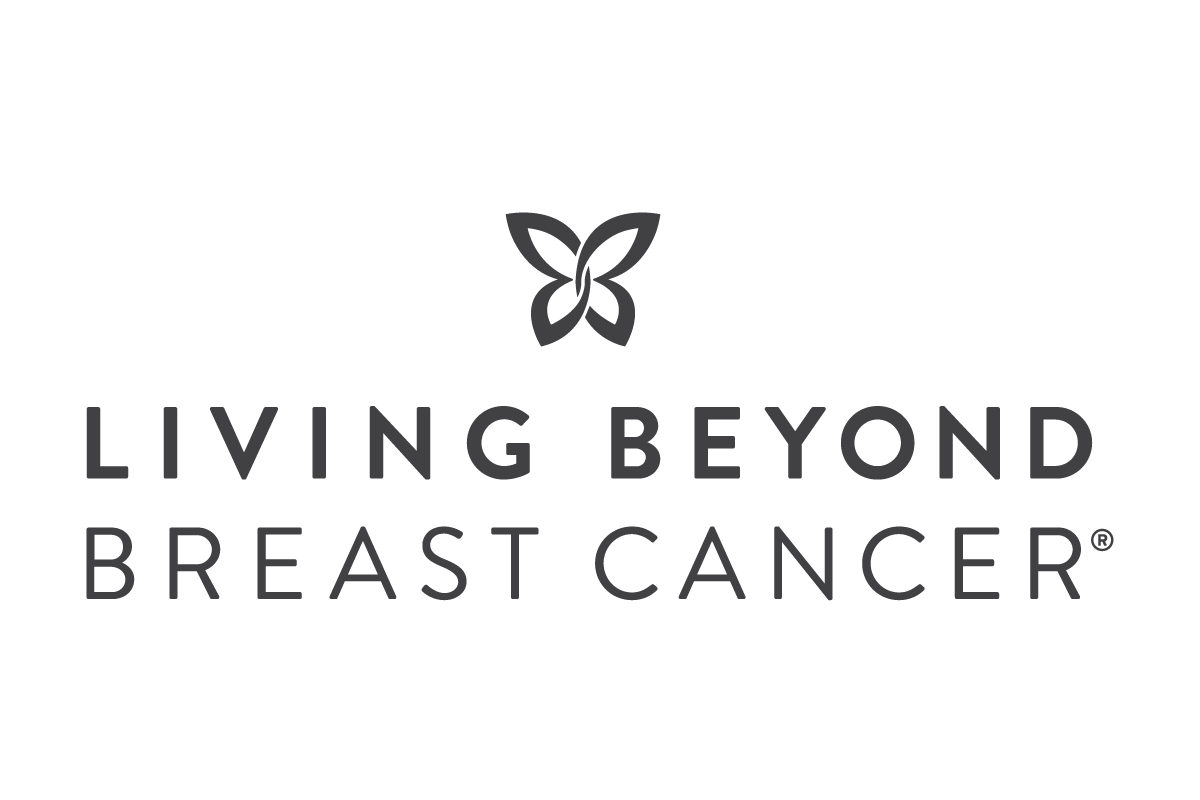
Living Beyond Breast Cancer is a national nonprofit organization that seeks to create a world that understands there is more than one way to have breast cancer. To fulfill its mission of providing trusted information and a community of support to those impacted by the disease, Living Beyond Breast Cancer offers on-demand emotional, practical, and evidence-based content. For over 30 years, the organization has remained committed to creating a culture of acceptance — where sharing the diversity of the lived experience of breast cancer fosters self-advocacy and hope. For more information, learn more about our programs and services.
